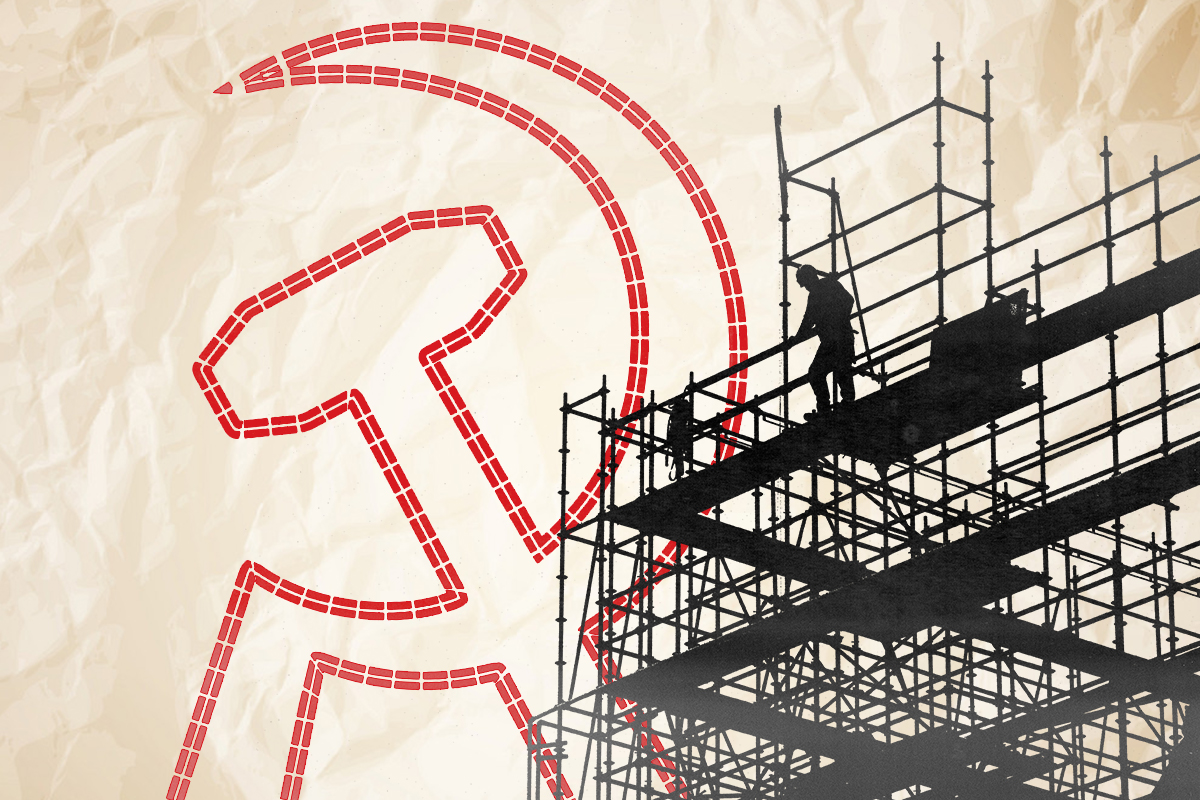
At the founding congress of the RCP, a recurring theme was theoretical education. Without this, we can have thousands of members, a big apparatus, a weekly or daily paper, and all could be reduced to dust. Many socialist or communist organizations were built only to crash a few years later. Everywhere, the root cause was wrong ideas, or a contempt for theory and education—or both.
The RCP will not be like these organizations. We will build, and we will help bring about a victorious revolution in our lifetime. But for this, we need trained communists.
Imagine if, in the heat of revolutionary events, our party suddenly grew from 1000 to 10,000. Each member of the party would have to be able to consolidate ten new members in order to keep the party intact and on the right track. That kind of growth is a real possibility, and that’s why our task right now is to build a cadre organization—a strong framework for the mass party of the future.
But what is a “cadre”? A cadre is a trained communist, both in theory and practice. It is an individual who has conquered the fundamentals of Marxist theory, who can size up a situation with these ideas in a flexible way, who can work independently, and who can explain the ideas to others. It is someone who can be dropped anywhere in the world and have enough knowledge, skill, and grit to crystallize a cell of communists around them.
Under revolutionary conditions a cadre will remain clear-sighted and resolute, and not vacillate in the ebbs and flows of the struggle. A cadre is someone who can gain the attention of first tens, then hundreds of workers, by clearly grasping what needs to be said and done at any moment. This is what we mean by working-class leadership. Every workers’ victory was made by the efforts of countless cadres—not just Marx, Engels, Lenin and Trotsky, but everyday workers who rose up to lead their class.
How did they achieve this? They studied. Lenin was a lifelong student of Marxist theory. The books he wrote ripping apart incorrect ideas, the speeches he gave, and the debates he won, are all proof of this. His wife and comrade, Krupskaya, said that at every important turning point in his life Lenin would open up a book by Marx and mentally “consult” him.
The best lesser-known cadres of the Russian Revolution were also students of Marxism. Tomsky led a soviet during the 1905 Revolution, just one year after joining the Bolsheviks. Despite working long days as a lithographer, breathing dust and fumes, he read theory voraciously and became known to the workers as an “idea man”. Volodarsky was also a worker without special education, and also known as an “ideas man”. According to Lunacharsky, the workers treated him like a “living newspaper”.
Take any effective revolutionary, and you will find that they studied seriously. As for the best revolutionaries—Lenin, Trotsky, Luxemburg, and so on—they studied even more seriously. Every young Leninist must understand that just hating capitalism isn’t enough. Like those before us, we have to conquer Marxist economics, dialectical materialism, and historical materialism.
Of course, reading on its own will not make you a cadre, otherwise every bookish university snob could claim to be one. Practical experience of applying theory to reality is a fundamental part of becoming a cadre.
But without a broad political outlook and knowledge of our class’s history, you will end up short-sighted and distracted, floundering from one activity to another, wasting your energy. In short, without theory you will become a simple activist, with a thin varnish of communism on top.
Members of the RCP are not simply flag-waving fellow-travellers. We are a party of revolutionary cadres. That requires all of us taking personal responsibility for developing our understanding of Marxism and our ability to build the party.

